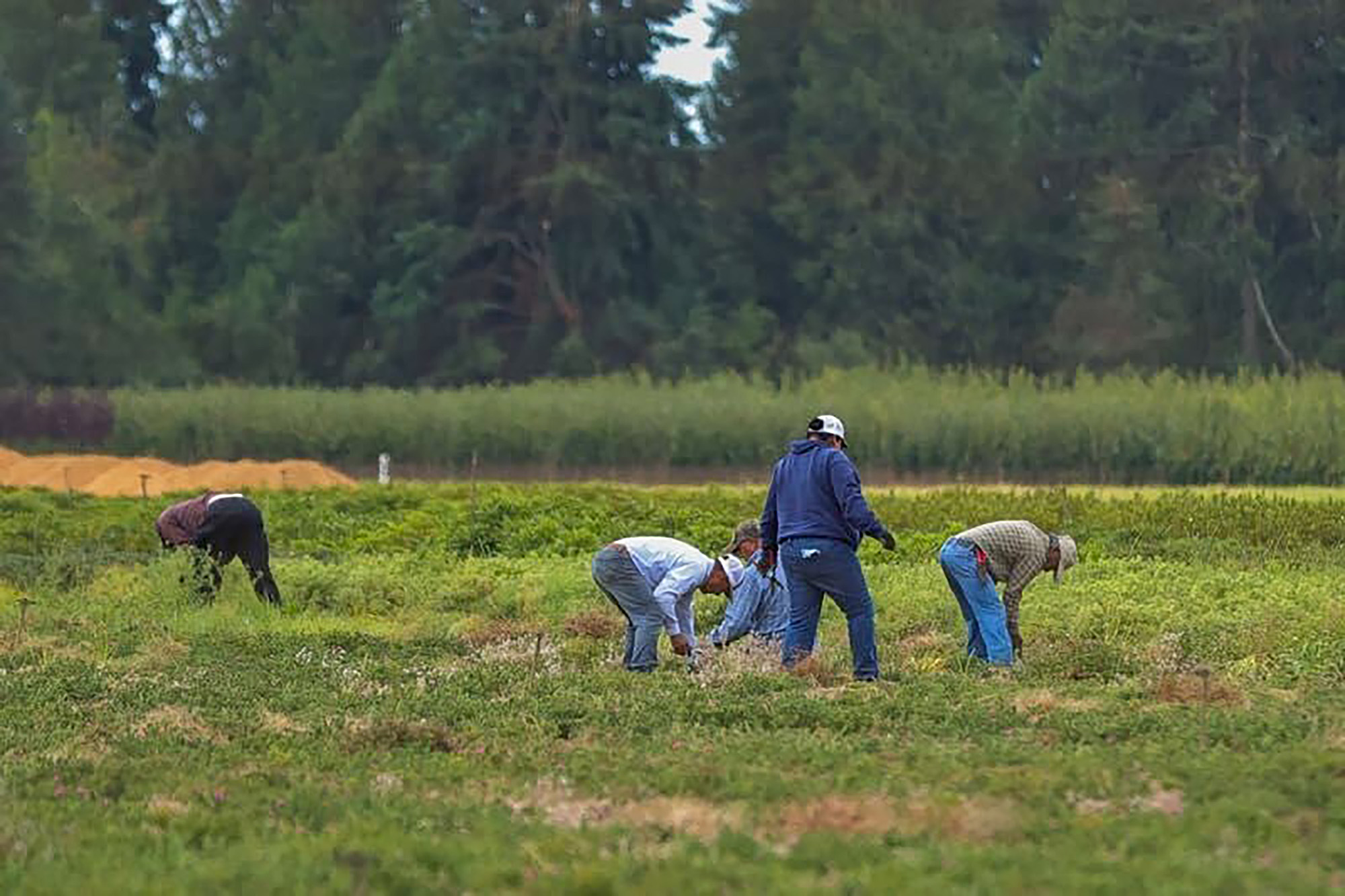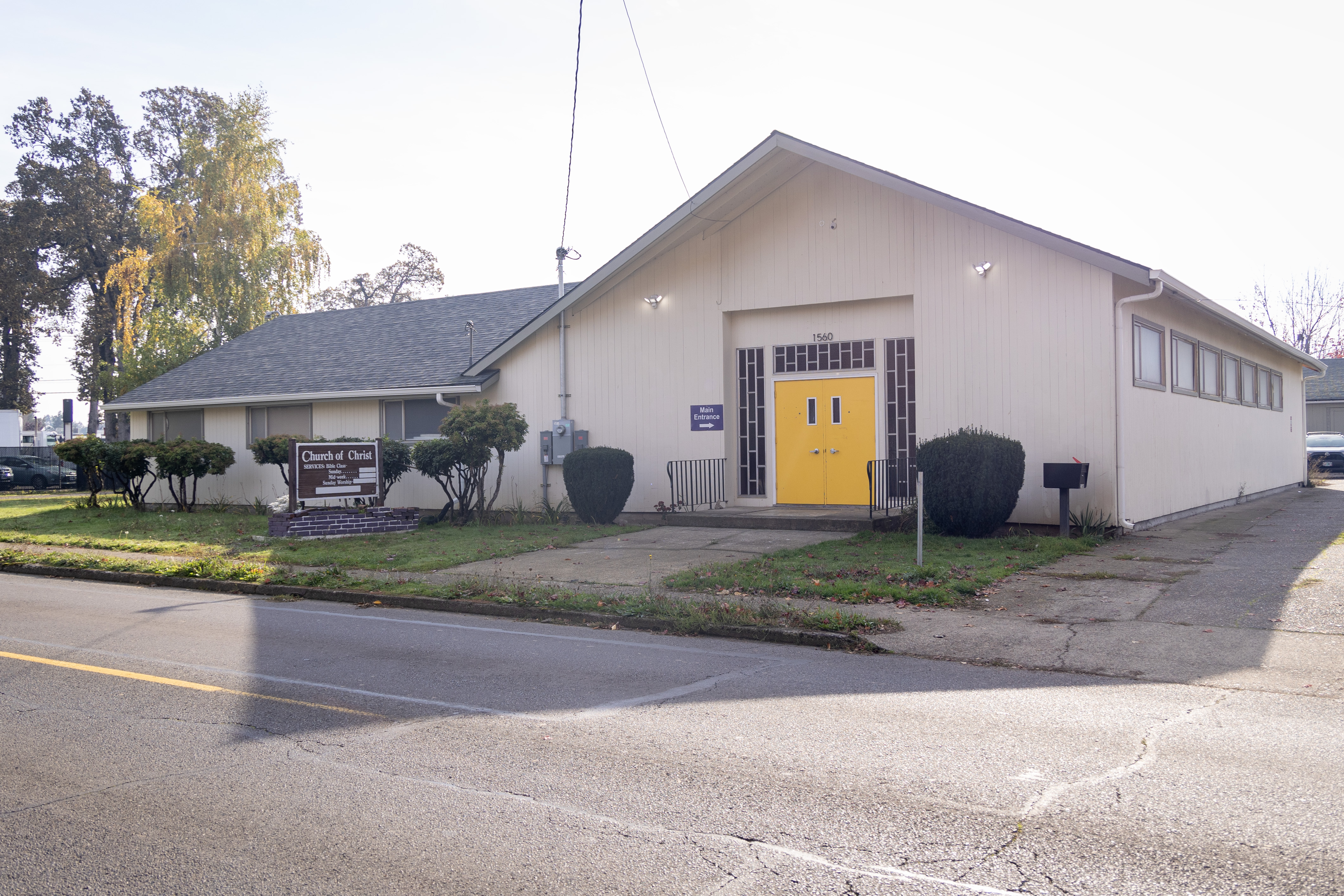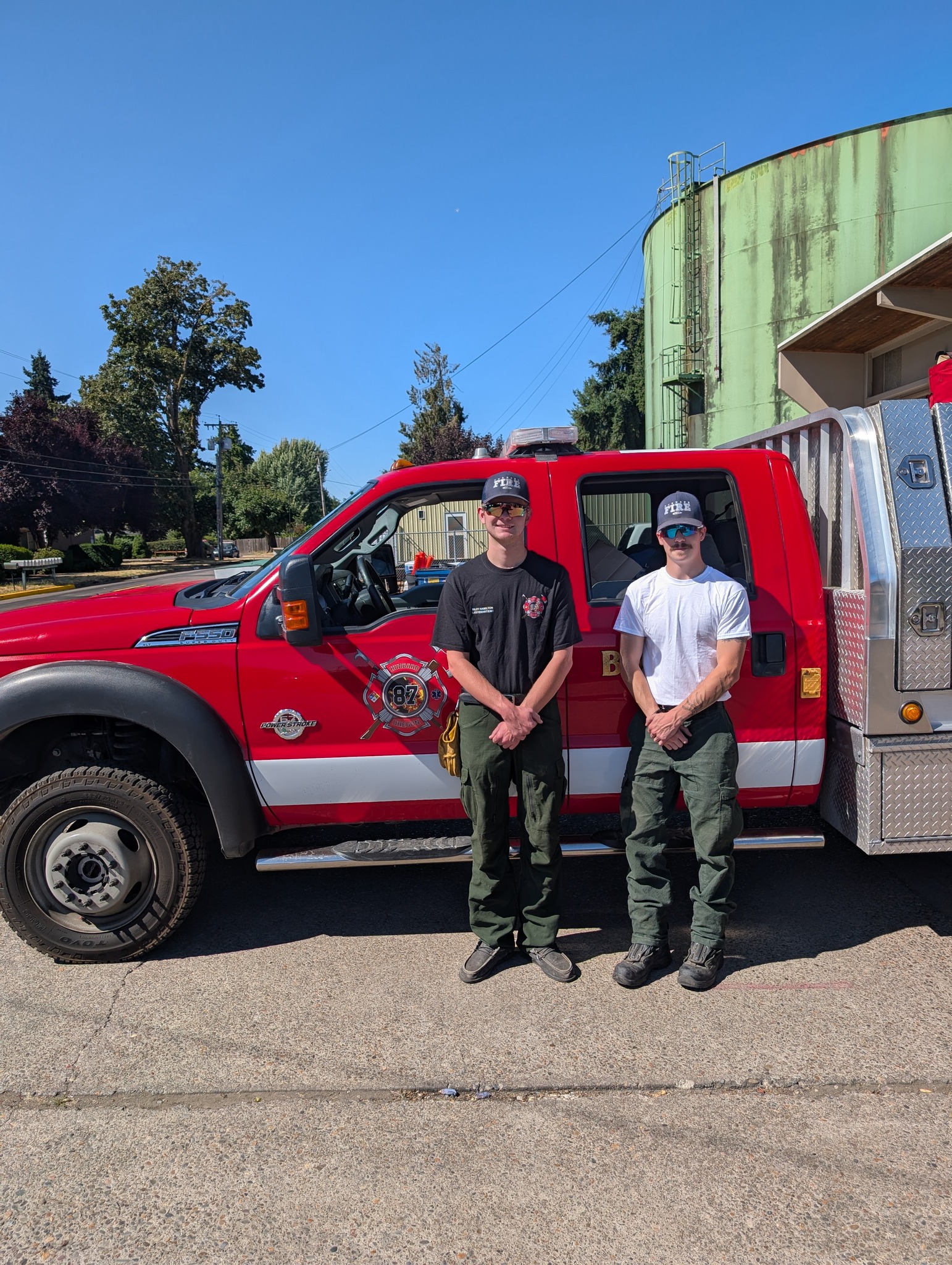‘Taking care of each other’: Oregon’s heat waves putting labor protections to the test
Published 5:00 am Friday, July 18, 2025
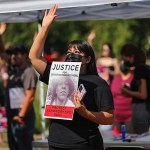

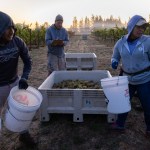
As temperatures in the Willamette Valley rose into the upper 90s for the second time this summer, local labor advocates continue their work to protect and educate farmworkers on the dangers of extreme heat on the job.
For PCUN, Oregon’s Woodburn-based farmworker union and Hispanic advocacy group, this push for workers’ rights has been at the forefront of its work for decades. However, with increasing temperatures and wildfires in recent years, the stakes have been raised.
A catalyst for Oregon farmworker rights
PCUN and other farmworker advocacy groups’ urgency intensified after the 2021 death of Sebastián Francisco Perez, a Guatemalan farmworker who collapsed while laying irrigation pipes alone in triple-digit heat at a nursery in St. Paul.
Trending
“ I think that was a pretty big turning point for our advocacy efforts because the conversation started with employers saying that we don’t need these rules and it’s very costly for employers to provide these protections,” PCUN Policy Advocacy Director Ira Cuello-Martinez said. “But, after the death had happened, the conversation significantly shifted; they were no longer pushing for not having a rule.”
At the time of Perez’s death, Cuello-Martinez was already working on policy proposals with OSHA, agriculture leaders and advocacy groups across the state to create heat and smoke exposure protections for farmworkers. Cuello-Martinez joined PCUN to work in advocacy in 2020 as wildfires blanketed the Willamette Valley in ash and smoke. Having worked picking berries during the summers growing up, the work felt both personal and urgent for him.
Following Perez’s death, Oregon adopted emergency heat protections within days and a temporary smoke rule by the end of that month. Cuello-Martinez and other advocates helped shape those early rules, which then laid the groundwork for the state’s first permanent heat and smoke standards, adopted in spring 2022.
New worker safety rules
The state’s new OSHA rules require agriculture supervisors to implement additional safety measures when the heat reaches a certain threshold.
At a heat index of 80 degrees, workers must be provided with access to cool, potable water and shaded areas for rest. Supervisors must also allow for more frequent rest breaks and have an emergency medical plan in place. Once the heat index hits 90 degrees, employers must also ensure workers are either supervised at all times or working alongside a buddy.
“This is one of the most important pieces of the rule because this is exactly what would’ve prevented Sebastián Francisco Perez from passing away,” Cuello-Martinez said. “He was working outside, laying down irrigation pipes during that heat wave, and his body was found unconscious several hours after the fact. So with this new rule, workers are no longer working outside by themselves, especially when it’s reaching dangerous temperatures.”
Taking care of each other
Trending
Since these new rules were adopted, PCUN has been working to track the impact of these safety measures on local farmworkers.
According to Cuello-Martinez, feedback has been generally positive, with agricultural workers reporting increased water and breaks as well as a growing culture of looking out for one another during extreme conditions.
“We have heard a significant improvement where workers are getting water, they’re getting breaks and also really encouraging their colleagues to take care of themselves,” Cuello-Martinez said. “They know conditions are a lot more extreme than they have ever been before so even beyond the new rules, there’s just this whole sense of taking care of each other.”
Current, future farmworker advocacy
Despite progress, some challenges still remain for worker safety. Cuello-Martinez says one difficulty has been ensuring employers are in compliance with shade requirements, which can be difficult to implement in large, open fields where workers are spread out.
To continue their advocacy efforts, PCUN is currently conducting another outreach to farmworkers to gauge whether supervisors are implementing the rules and whether workers feel empowered to speak up.
“I think a big piece of our focus right now is around education and enforcement,” Cuello-Martinez said. “One, that farmworkers are aware of their rights and how to exercise their rights at the workplace. And then separately, if there are violations happening, how do we ensure employers are taking action and being held accountable?”
Language barriers and fear of retaliation, particularly for migrant workers, remain obstacles to reporting violations. Many workers in the Willamette Valley speak Indigenous languages, making even Spanish-language resources inaccessible.
“Language barriers also have a big impact on farm workers knowing their rights and knowing how to advocate for their rights,” Cuello-Martinez said. “Especially for farm workers who speak an Indigenous language where Spanish may not be their first language, but it may be their second or third language.”
Last month marked the fourth anniversary of Perez’s death, providing Cuello-Martinez and other advocates with a constant reminder of the importance of farmworker protections during the summer heat.
While Cuello-Martinez said he hasn’t yet heard reports of heat illness during the recent spike in temperatures, PCUN continues to monitor the working conditions of its members.



